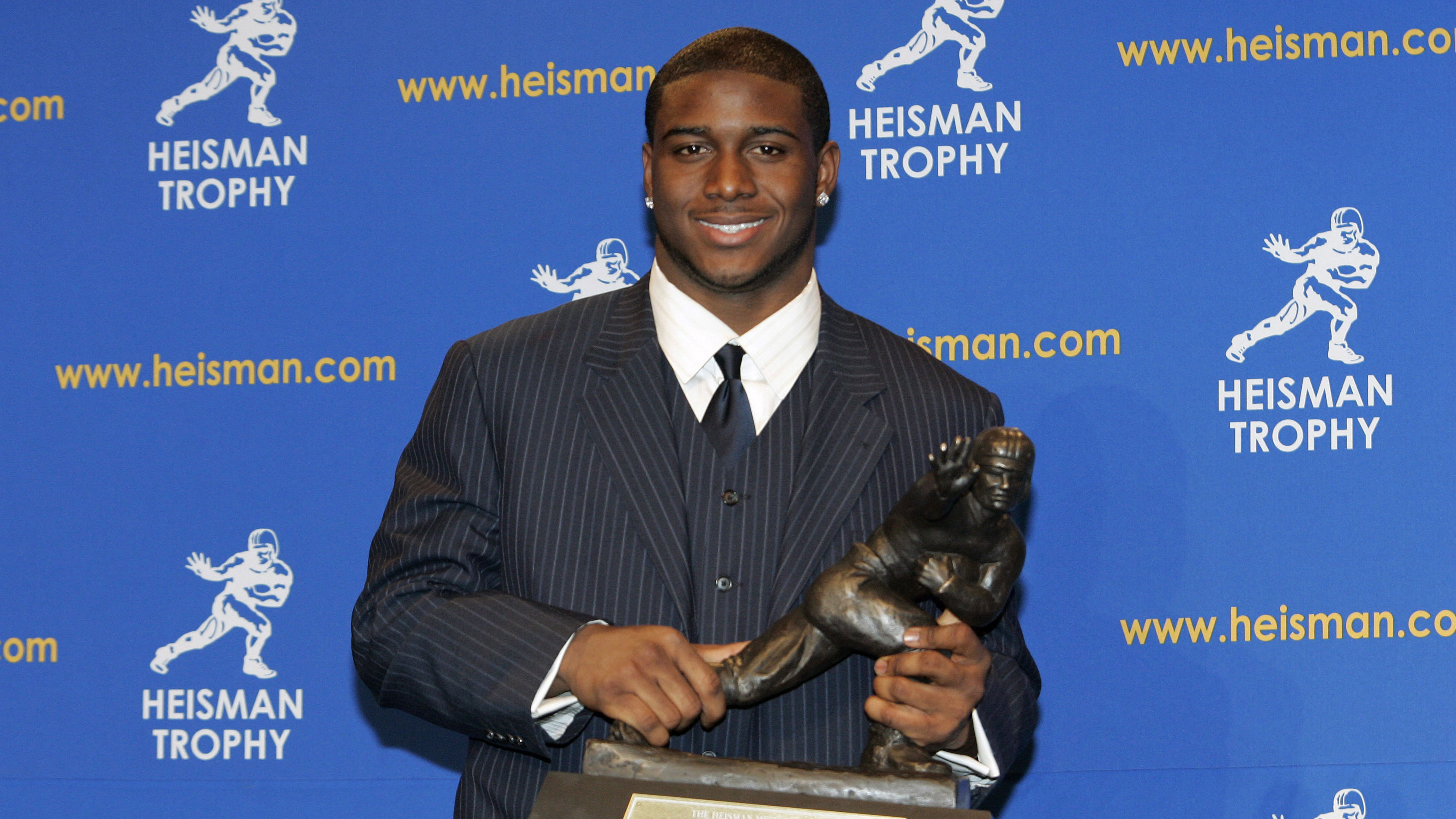College recruiting may start in the homes of the high school player but more than ever it never really stops once they are on campus.
Job 1: Recruit. Job 2: Retain.
The ready opportunities for players to transfer makes it even more important for coaches around the country to devote plenty of time to them once they arrive, hoping to keep promising youngsters and starters alike out of the transfer portal. Schools also want athletes to feel they can earn plenty of endorsement money or compensation right where they are.
Stay in the game with the latest updates on your beloved Philadelphia sports teams! Sign up here for our All Access Daily newsletter.
“I think the most important thing is relationships,” Alabama coach Nick Saban said in a familiar refrain among coaches.
The days of blue-chip recruits patiently waiting their turn to get on the field may largely be gone. Even starting quarterbacks like Ohio State's Ryan McCord and Oklahoma’s Dillon Gabriel and Texas A&M defensive lineman Walter Nolen, among plenty of others, have entered the transfer portal.
The portal window is open until Jan. 2, with another one running from April 15-30. It has become a key plug-and-play method for powerhouses and rebuilding programs alike. The top three Heisman Trophy finishers — winner Jayden Daniels (LSU), runner-up Michael Penix Jr. (Washington) and Bo Nix (Oregon) -- were quarterbacks who arrived via the portal. Penix has led his team to the playoff.
Some transfers are looking for more playing time. Others for more money via name, image and deals and better fits. Whatever the players’ reasons for leaving, those coaches have to focus more than ever on keeping them.
NCAAF
Washington State coach Jake Dickert highlighted the predicament facing his program in the decimated Pac-12 in November, citing how far his school is behind on the NIL front compared to teams like Oregon, Washington and USC. He figured December would bring “open target season” for the Cougars.
“We need to provide them with as much resources as we have here to keep this team together, to keep recruiting, to keep going,” Dickert said.
More and more coaches have spoken up about the need for more financial resources being available for NIL deals. N.C State coach Dave Doeren was just one of them, saying earlier this season: "I’d love to see 5,000 people donate $1,000 to our NIL and get us to a point where we can recruit, retain and develop and have a program in the NIL world where the guys on our roster are able to benefit from that.”
Clemson coach Dabo Swinney said tampering with other teams’ players is a big problem. Swinney said the days after the season ended were spent meeting with his team.
“Rosters are not the same because of the portal, because of the trend of guys not playing and you can get in a bad spot pretty quick,” the Tigers coach said. He noted his team is in dire straits at cornerback for the Gator Bowl against Kentucky after Nate Wiggins was among several players opting out of the bowl to turn pro and Toriano Pride Jr. entered the portal.
Nebraska coach Matt Rhule said a key is to prioritize the current players over who may be available in the portal.
“I always want to take care and honor the guys that were here first,” Rhule said. “If guys decide to leave then I’m going to go fix the problem because they left. I’m just not going to tell a guy here to leave so that I can go get somebody else. I want to be the guy that I promised all the parents I am in recruiting.”
Rhule, a former Carolina Panthers coach, can lean on advice from longtime NFL executive Bill Polian about maintaining a healthy locker room environment: make sure you don’t bring in a free agent as the team’s highest-paid player.
Having a cohesive team and strong coach-player relationships doesn’t guarantee some won’t leave. But it can’t hurt.
Kentucky coach Mark Stoops said there is added emphasis on maintaining relationships, including with promising young players who may not be getting as much playing time as they hoped. Once a month, Stoops tells his coaches to leave their offices and spend time in the weight room or elsewhere with their players.
“We constantly work on that relationship and making sure that we touch base with those players in particular and all of our guys,” Stoops said. “This is a relationship business. As busy as we are, as much as we all have to do, spending time with the players, investing in the players, having the players at your house, having them in for meetings. Keeping that contact is, in my opinion, one of the most important things.”
Marshall coach Charles Huff said the portal options force coaches “to develop genuine relationships with every player in your locker room” not just the starters and seniors.
“I started a deal where I call one or two in my office a week just to say hello, how’s mom,” Huff said. “It doesn’t take long for that girlfriend you don’t call or write to drift away.
“That gap between the relationship they had with you in recruiting and that relationship they have now, when it starts to widen, all of sudden homesickness sets in, a friend from another school calls and says, ‘Hey, I’m playing, why aren’t you playing?’”
Auburn coach Hugh Freeze has staffers charged specifically with “developing relationships” with the players.
“I don’t know that any of us are ever gonna be 100 at it and it certainly makes it very difficult to manage your recruiting and roster,” Freeze said. “But it’s part of the game now, and it’s not a part that many of us like, but you better pay attention to it for sure because it’s here.”
AP College Football Writer Eric Olson contributed to this report.


